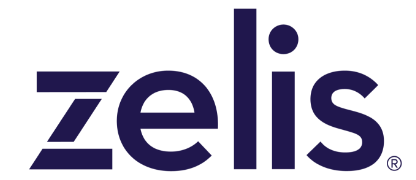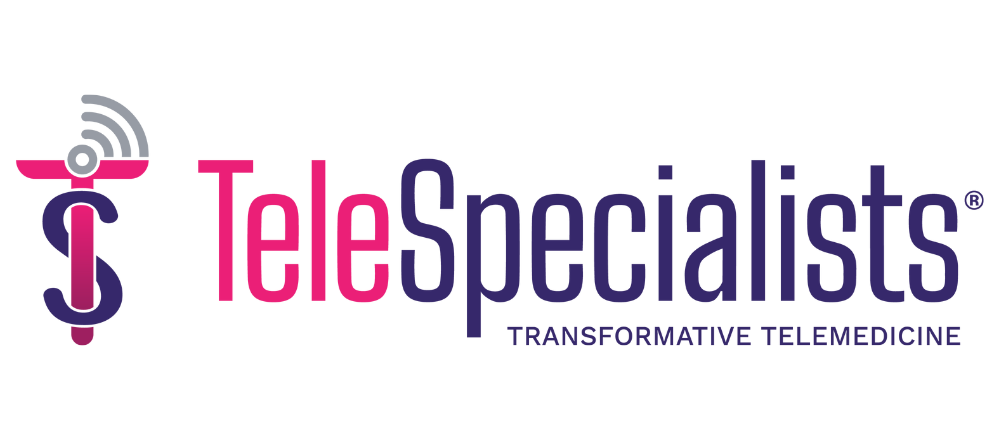The year is revving to the finish line and seems many gave up the idea of work. People dream of Santa and family and a warm fireplace.
Doctors are no different and this year proved difficult for many of us.
Those holding down the private practice front dwindled to 30 percent or less. Large groups and hospitals vie to buy the rest of us out.
Regulations and mandates rained down from above. The ACA (affordable care act) brought burden and not relief for many under its care.
Technology was regulated then regulated once more; yet, improvements failed to emerge. There is telemedicine and big data and apps being tossed in our paths. The experts say this is the route that doctors should follow.
But, we are not chess pieces and not looking to call checkmate. We see the very real problems these issues create on the front lines in exam rooms with real live patients.
So, where is the system going in 2016? My predictions:
– Health IT and health policy experts will continue to play doctors as chess pieces. But, mutiny is coming. Doctors are growing increasingly disgruntled and more are moving to cash-only or DPC (Direct Primary Care) models. The revolution is on the way. Once we find our leaders.
– Meaningful use (MU) will die a quiet death. Now, doctors are forced to comply using software we feel out-dated and better suited for days where Wifi did not exist. Doctors get technology and the advantages of “big data”. EHR reigned in my practice long before the MU program or HITECH was even dreamed about. But, it should never have been mandated with sub-standard, 20th century systems. The majority of doctors do not agree with MU, as many surveys revealed. And most of them will simply refuse to comply. People claim we are opposed because we oppose technology. We invented the whole field of medical robotics. We innovate technology in medicine all the time. And are systems are 21st century. Who is out-of-date?
– Payment models using quality metrics will hit us like a tsunami. While this may or may not improve patient outcomes, it will definitely improve insurance companies profits. We all need to be aware of the need to improve clinical outcomes. But, until patients face financial penalties for downing fast foods, I should not be penalized because they chose the Big Mac over the grilled chicken.
– The huge deductibles patients are now paying under their ACA insurance exchange coverage will implode. Patients will resist these changes by dropping their coverage. Doctors cannot afford to write off these payments. Plus, it is a federal law that I must collect it or be guilty of providing my patients a kick-back. The number of insured will drop in 2016.
-The reality of the ACA will be realized and it will not be good. However, we will be stuck with it thanks to the Supreme Court. Politicians will call for it to be repealed but it is too late. We will move into ideas to “reform” it.
-The winner of the 2016 Presidential election will roll out a very pretty fix to the healthcare system. It will fail. Politicians cannot run healthcare as has proven time and again. Anyone think to ask doctors what they are seeing on the front-lines?
-Medicare will be frought with new disasters despite repeal of the SGR. It will play out in the news for weeks and politicians will play publicity games with it. I predict the age to qualify for Medicare will be moved up to the age of 70; yet, another temporary fix to “save” medicare.
As we end 2015, it is important to remember the US is one of the most medically knowledgeable countries in the world. We lead in technology and innovation. My hope is that my predictions will not play out.
Rather, I wish for a system that places patients in the front and we all work to improve patient care.
Patients should have access to all the technology and innovation available and not be triaged out of the system because of their insurance plans. And doctors need a voice on how the system operates. We are the ones running it. No operations succeed when the ones with the most direct knowledge and information are ignored.
Let’s make 2016 the year that patients and doctors take back medicine.
Photo: Flickr user MaartenEyskens
Dr. Linda Girgis MD, FAAFP is a family physician in South River, New Jersey. She has been in private practice since 2001. She holds board certification from the American Board of Family Medicine and is affiliated with St. Peter's University Hospital and Raritan Bay Hospital. She teaches medical students and residents from Drexel University and other institutions. Dr. Girgis earned her medical degree from St. George's University School of Medicine. She completed her internship and residency at Sacred Heart Hospital, through Temple University where she was recognized as intern of the year. She is a blogger for Physician's Weekly and MedicalPractice Insider as well as a guest columnist for HIT Outcomes. She has had articles published in several other media outlets. She is on the medical advisory board of SERMO. Recently, she has authored the book, “Inside Our Broken Healthcare System” and "The War on Doctors". She has been interviewed in US News and on NBC Nightly News.
This post appears through the MedCity Influencers program. Anyone can publish their perspective on business and innovation in healthcare on MedCity News through MedCity Influencers. Click here to find out how.










